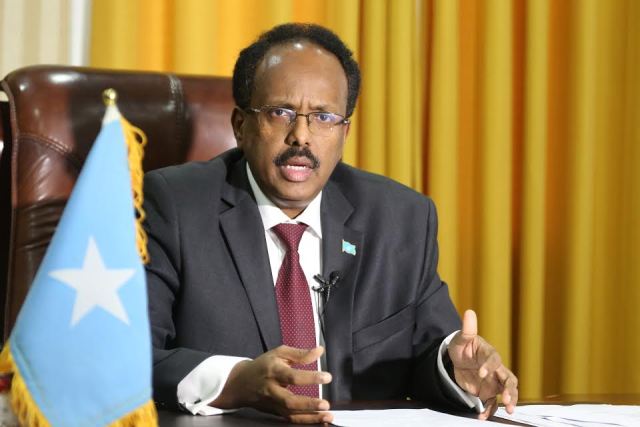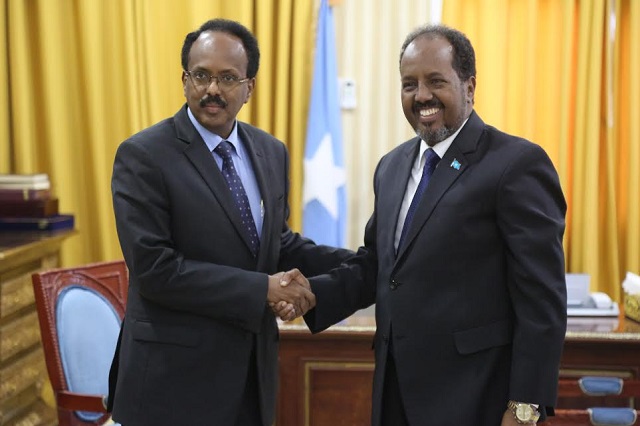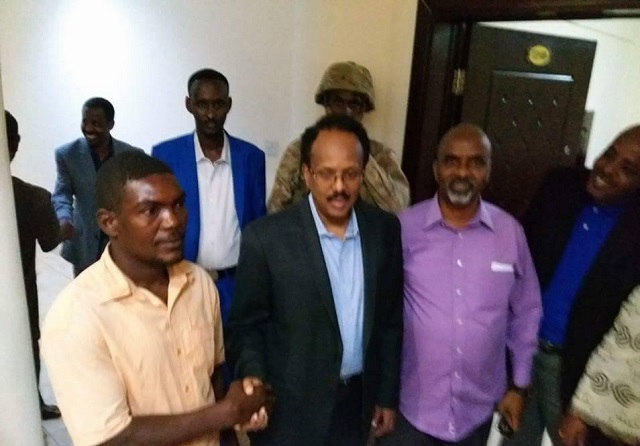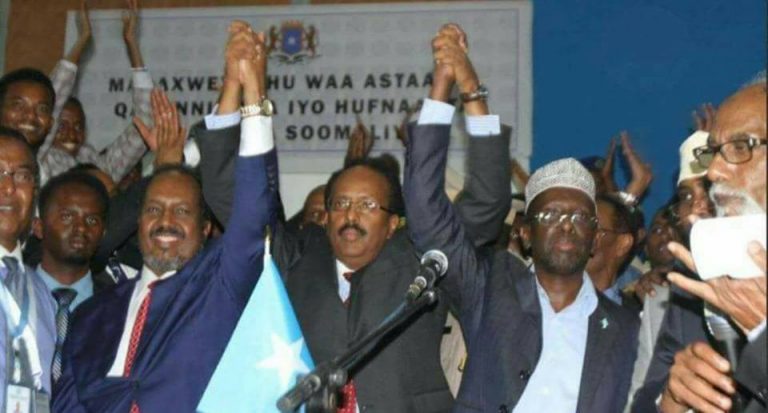When the respected senior political gurus and the young leaders and all in between point their fingers to the same issues a wise leader would stop and listen. However, Lower Shabelle’s conflict that is growing in scope and severity is not attracting the attention it deserves. The current government’s tacit policy seems to be “do nothing”. Why that is not the best option and what it takes to reach a sustainable peace is my focus in this article.
The region’s prosperity and the welcoming hearts of its people is what attracted Somalis from all over the country. In the past, local people – new arrivals or natives, lived there as Reer Marko (People of Marko), Reer Afgoye (People of Afgoye), Reer Qoryooleey (People of Qoryooleey) etc. That remains to be true for majority of those residents despite the major invasion and occupation by outside tribal forces and opportunistic local individuals who found that it’s their best interest to change their accents to the one of their newly found kin with Kalashnikov rifles.
Sadly, the most horrific crimes against civilians are occurring in what was the most peaceful and tolerant communities. Ruthless clan militias and subsequent clan based government army were committing gross human rights violations with impunity for a long time until local youth started organizing themselves along the clan lines to fight them and in the process they also commit various crimes against unarmed civilians. The inaction of the government is the same as allowing the clan based army to subjugate other communities using government resources and that amounts to systemic military violations.
First, It was Marka and its surroundings, then Qoryooleey and now it’s happening in Afgoye. Clearly, the army and security forces are part of the conflict and they need to be replaced with impartial army to restore people’s confidence.
One of the key politicians who recently openly criticised government on treatment of the local population is the Honourable Member of the Federal Parliament and former deputy prime minister and foreign minister Mr. Abdullahi Sheikh Ismail. He started raising his voice and openly condemn the government after all these years his advice was falling on deaf ears. He blamed the instability in the lower Shabelle on the current president.
Popular mayor of Afgoye Mr. Abdiqani Yusuf Boolimoog was also strong critic of the abuses of the army in his town. He was sucked without consulting or informing the local elders who were responsible putting his name forward for the position. Now, he is in hiding because in the past people like him were killed in the following weeks or months after they lose their position. This young man’s life is in danger as we speak because he spoke out of the corruption and abuses against his people.
Genuine reconciliation among the people should take place for lasting peace. One should understand though, that there are no clans that traditionally live in this region that are in conflict. Clan “A” and clan “B” cannot have conflict if they do not share borders, water wells or grazing/cultivating land. In the absence of those sources of conflict, one side must be in a clear transgression. It is the responsibility of the government, traditional elders, civil society and members of international community to tell those in transgression to stop or risk facing the might of the nation and the international community.
The clans that live there are willing as always to welcome anyone. As a matter of fact no one should need a welcome from anyone if they want to live legitimately in any part of their country – the constitution guarantees that right and it is incumbent on the government to implement it.
This region is able to sustain the whole country and people can live together in peace and harmony as the people of Marka, Qoryooleey or Afgoye regardless of their other characteristics. That can happen only if we heed the advices of our experienced elders like Mr. Abdullahi Sheikh Ismail and if we respect the people’s choices of who they want to serve them as their mayors or governors.
Silence is not an option anymore and we urge the Somali government and the international community to play a constructive role to end the senseless bloodshed and bring those who are committing atrocities to justice. For the locals regardless of your background whether you were there centuries or came yesterday, as the tradition was and still is, one shouldn’t feel threatened or hurt in this land. I am confident that those who stand up for the protection of the innocent people will prevail.
By: Abulkadir M. Abow
abow@idirect.com









